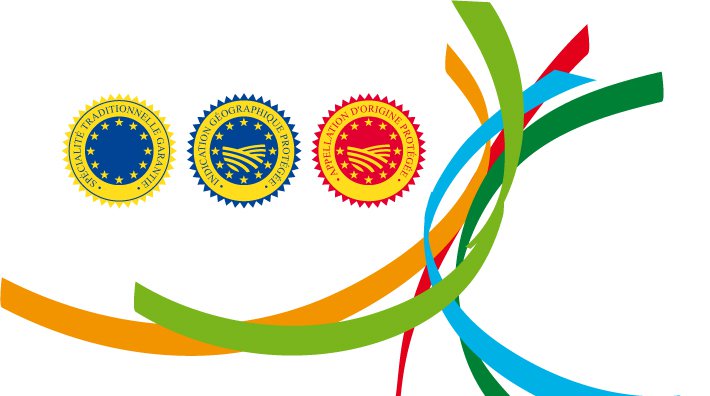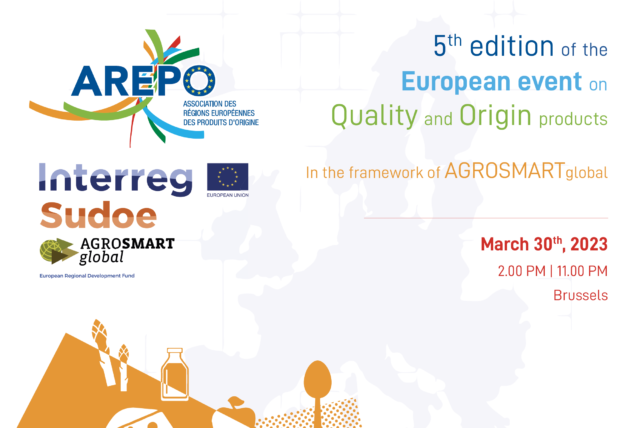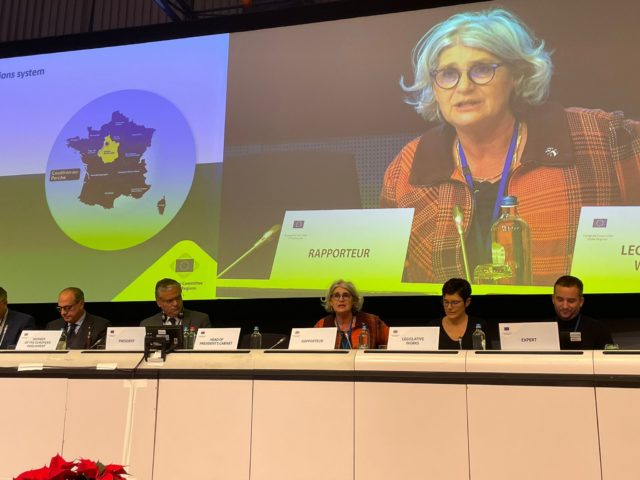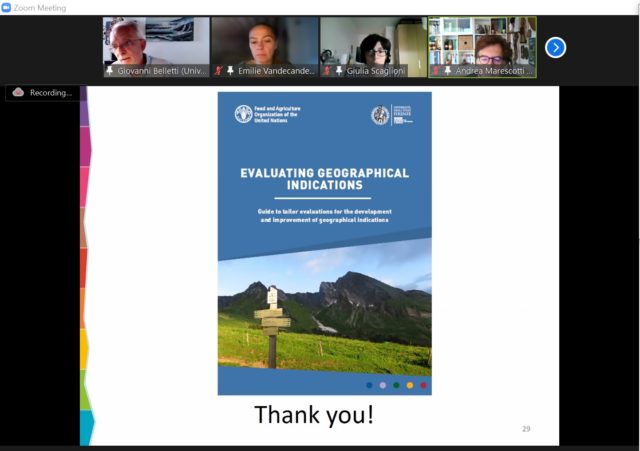
In the overarching framework of the process of review of the EU GI/TSG scheme, the European Commission published on 2 March 2021, an evaluation support study on the geographical indications and traditional specialities guaranteed protected in the EU. Particularly, it intends to evaluate the effectiveness, efficiency, relevance, coherence and EU added value of EU Quality policy, covering the period from May 2008 to December 2020, with a total of 3 286 GIs and TSG registered by Member States (3 224 GIs and 62 TSGs) and 32 GIs registered by third countries through direct application.
Overall, the study shows that EU legislation on quality schemes is effective in reaching its objectives and provides a clear EU added value. However, some limits have been identified.
In details:
- The evaluation confirmed the positive impact of EU GIs in rural areas, especially in terms of farmers income, employment, diversification of the economy and promotion of regional identity and gastronomic heritage;
- The legal framework allows a fair competition for farmers and producers involved in GIs/TSGs value chain;
- The high level of legal protection of GI names in the EU and the effectiveness of controls, particularly at national level, ensure the protection of IPRs in the EU. Nevertheless, controls are assessed to be more effective at upstream stages of the value chain than at downstream stages;
- The use of GI names in domain names on the internet remains an issue for IPR enforcement;
- Despite a wide range of reliable sources of information is publicly available on GIs/TSGs (eAmbrosia, Qualigeo, INAO, producer groups websites) the awareness and understanding of GI/TSG schemes remain low in several MS, and some confusion between the different schemes remains (based on the electronic consumer survey conducted in the context of this study). This shows the limited effectiveness of the framework to provide clear information to consumers;
- Concerning procedures, some issues identified are the long time period for registration and modification of product specifications, both at MS and EU levels;
- EU Quality schemes showed to have started responding to the challenges of animal welfare and environmental sustainability, even if it is a slow process, with different levels of commitment;
- EU GI scheme proved to be coherent with national and regional schemes as well as with other instruments and measures from the CAP.
In the light of the weaknesses observed, the study provides several recommendations aiming at improving this framework:
- Official controls and IPR enforcement on the market and on exports could be reinforced;
- Communications to consumers must be improved in order to limit confusion and increase awareness and understanding, namely through additional communication and information at EU and MS level and implementing marketing/consumer studies;
- Research on GIs/TSGs should be supported and encouraged to better identify drivers of success (such as Strenght2Food project), with a large scope in terms of MS and sectors. Furthermore, since no inconsistency between EU Quality policy and EU health policy has been found and bearing in mind the ongoing developments promoting healthy and balanced diet, the study suggests further efforts in supporting research initiatives that explores as well the nutritional aspects of GIs/TSGs;
- Synergies between tourism and GIs/TSGs have to increase. The support could be provided through RDP measures or under other frameworks;
- The establishment of structured Producer Groups for each GI/TSG should be encouraged;
- A simplification of the procedures both for registration and modification of product specifications is needed;
- Concerning animal welfare and environmental sustainability, the study recommends the set-up of an ad hoc expert group to define “sustainable criteria” by sectors as well as the update of products specifications to include these criteria through simplified procedures;
- The legal framework should clearly cover GIs as ingredients in processed products.
The findings of the external study, along with the results of the corresponding public consultation run in 2020, will feed into an impact assessment, which will present and analyse the policy options for a review of the EU GI scheme, on which a public consultation is ongoing and open until 9 April 2021.
More information :





